Centre for Research in Education at Oxford (CredOx)
Pembroke is one of the most dynamic of the Oxford Colleges, with a forward-looking Fellowship, strong leadership, ambitious and clear academic plans, a friendly and welcoming environment. Perhaps unsurprisingly, it is therefore also the proud host of several research groups. Academics at all stages of their careers enjoy our interdisciplinary atmosphere - many an interesting research collaboration has emerged from a lunchtime conversation here. The newest of the Research Centres – CredOx – is the result of just such a cross-discipline collaboration between small groups of Pembroke Fellows eager to apply academic methodologies to questions increasingly and erroneously thought to be the exclusive preserve of university administrators or government bureaucrats.
The Centre for Research in Education at Oxford (CredOx) employs an interdisciplinary, data-driven approach to examine questions surrounding access to, inclusion within, and attainment at higher education institutions, to deepen understanding and inform policy taken decisions at the school, college, university, and national levels. It focuses on these issues as they pertain to leading research universities (such as the Russell Group in the UK and comparable institutions globally), and Oxford and Cambridge in particular. It evaluates the effectiveness of access programmes, university extension schemes, and other efforts to increase the recruitment of talented students from diverse backgrounds to leading universities, while simultaneously seeking to understand and comment upon the policy landscape that is the background to this process.
In this endeavour, we remain mindful of three challenges as set out by our 2021 Access Strategy:
-
Selection problem (the difficulty of identifying talent given the impact of socio-economic and educational disadvantage on raw attainment data)
-
Legacy problem (the fact that even with improvements in selection data some able pupils have suffered so much educational disadvantage that they are not able to make a competitive application)
-
Missing cohorts (the fact that some able pupils do not apply to Pembroke or Oxford for a variety of reasons including underprediction of their A levels. Many members of these missing cohorts would enhance the diversity of our student body)
In addition, we are mindful of these challenges being driven by stark regional disparities as London, the South East and the South West of England make up a disproportionate share of UK applications and admittance to Oxford. Our OxNet programmes make strenuous and targeted efforts to re-balance this inequity, while the context of this work is embedded in our efforts to understand the interplay between geography and disadvantage that ends up restricting opportunities for quality higher education.
CredOx, in tandem with OxNet, aims to identify and nurture the most academically able pupils from Key Stages 2-5 maintaining an awareness of current education policies and curriculum. At the same time, CredOx intends to address the Office for Students (OfS) requirements on pupil attainment and pupil preparation for undergraduate admissions and study.
Pembroke will ‘Drive Access and Outreach, and gather data to inform our processes to attract the most academically able into our community’.
Membership of CredOx is open to any member of Pembroke’s Governing Body but may also be extended to any member of the College, University, or any external organization that might, in the view of the Director, assist the research work of the Centre.
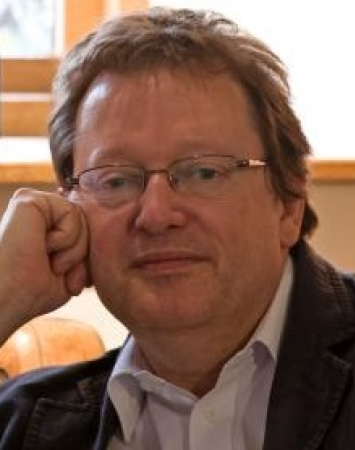
Dr Peter Claus
At Pembroke College, Oxford, Dr Claus is chiefly responsible as Access Fellow for a professional network of universities, schools and third-sector organisations that encourage pupils from challenging socio-economic circumstances to enter Oxford and other competitive universities. Dr Claus’ research interests lie around Urban History, Historiography, and Education. As a former mature student, Dr Claus has a particular interest in pioneering teaching strategies that enthuse students from non-traditional backgrounds, international students or students from cultural or ethnic minorities. He has taught courses at every level, from school students to postgraduate.

Dr Nicholas Cole
Dr Nicholas Cole is Academic Director at Pembroke College and the director of the Quill Project, one of the College’s research centres. His studies revolve around American legal history, the evolution of modern political thought, the reception of classics in the contemporary world, and the development of digital techniques and methodologies that can facilitate humanities research. His interest is not purely antiquarian: the debate over ‘what is the best form of government?’ has been rekindled in recent years, and there is no universal consensus that liberal democracy with robust protection of individual rights is the answer. Therefore, deepening our understanding of the history of our institutions and the thoughts that constructed them has never seemed more critical.
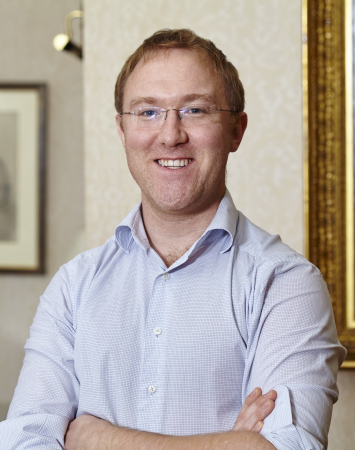
Prof Andrew Baldwin
Prof Andrew Baldwin runs a biomolecular NMR research group based in the Department of Chemistry. His primary focus is on the biophysical basis of function, and malfunction, of proteins in health and disease. He combines advanced solution and solids NMR spectroscopy techniques with complementary methods such as ion-mobility mass spectrometry and electron microscopy to study the structure and dynamics of proteins and relate this to their behaviour in the cell. Professor Baldwin is the chief architect of the ‘bGCSE’, which is an admissions tool used by the University of Oxford.
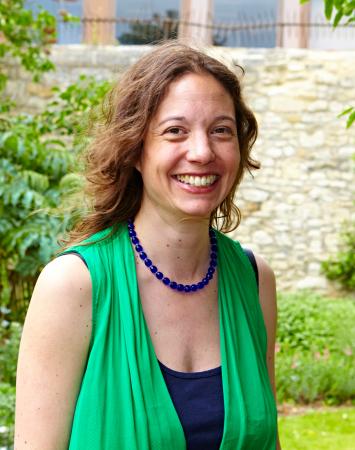
Professor Rebecca Williams
Professor Rebecca Williams grew up in Manchester and pursued her undergraduate and BCL studies in law at Oxford before completing her PhD in Birmingham. Her first full-time academic position was at Robinson College in Cambridge, but she returned to Oxford, specifically Pembroke, in 2005 and has remained there since. She imparts knowledge on criminal law to first-year undergraduate students at Pembroke, typically in the first term of their first year, and teaches administrative law to second-year undergraduates. Additionally, she co-administers one of the country’s first courses in Law and Computer Science for graduate students undertaking the BCL, MJur or MLF, or the 4th year or MSc in Computer Science. Prof Williams cherishes the fact that her research and teaching allow her to approach some of society’s most vital questions logically and employ her subject expertise in an interdisciplinary fashion to help solve problems.
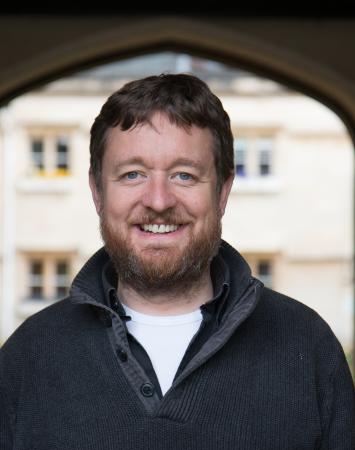
Professor Clive Siviour
Professor Clive Siviour completed an MPhys (2001) and PhD (2005) in the department of Physics, University of Cambridge, where he worked primarily on measuring the properties of materials under high strain rate deformation using the split Hopkinson bar. Clive moved to Oxford in October 2005 to take up a Career Development Fellowship in Engineering and was appointed to his current position in October 2008.
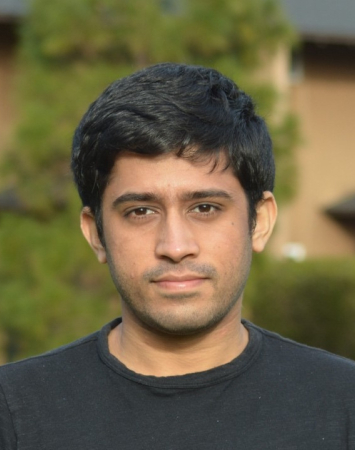
Dr Saurabh Khanna
Dr Saurabh Khanna is the Dr Nigel James Junior Research Fellow in Education Data Science at Pembroke College and a member of the CredOx. His research at CredOx involves adopting an interdisciplinary, data-driven approach to unravel the complexities of access, inclusion, and attainment within top-tier higher education institutions. With a focus on leading research universities, especially those within the Russell Group and Oxford and Cambridge, Saurabh identifies factors determining the success of access programmes, university extension schemes, and other initiatives designed to boost the enrolment of talented individuals from diverse backgrounds. In addition to his work with CredOx, a second dimension of Saurabh’s research delves into understanding and quantifying the boundaries of human knowledge in our digital age. He is currently exploring the 'incompleteness' of digital information and its impact on human behaviour, the intersection of evidence and entertainment through 'misinfotainment', and the disparities present in online occupation imagery and entertainment media. His academic journey led him to earn a PhD in education policy with a minor in computer science from Stanford University. During his time there, he was honoured to be a Human-centred AI Fellow, a Stanford Data Science Scholar, and a William R and Sara Hart Kimball Fellow. His foundational studies encompassed computer science engineering at BITS Pilani, economics at Stanford, and education at TISS Mumbai.